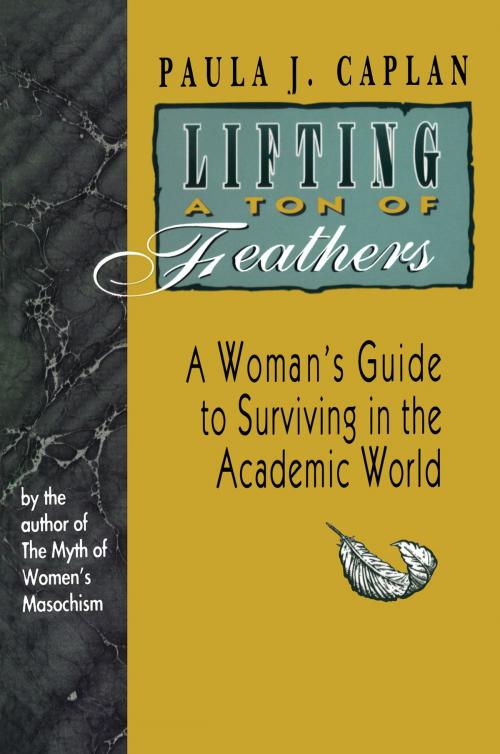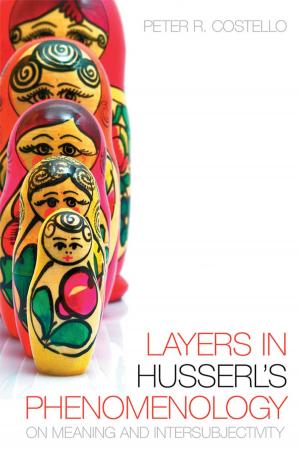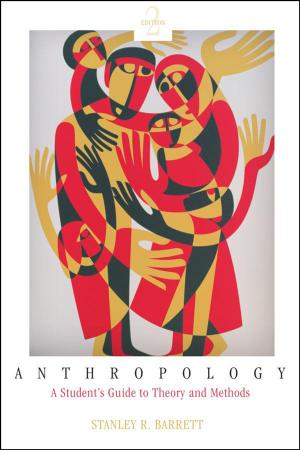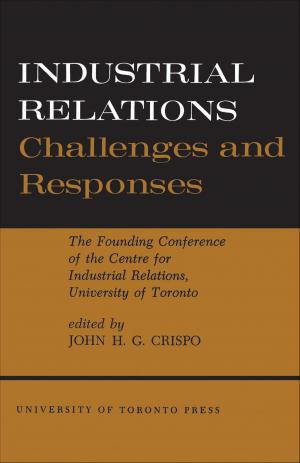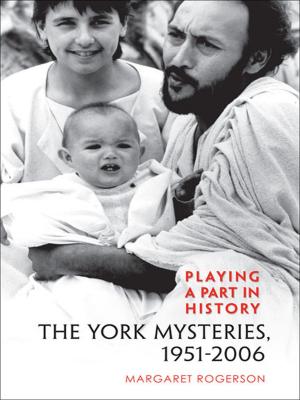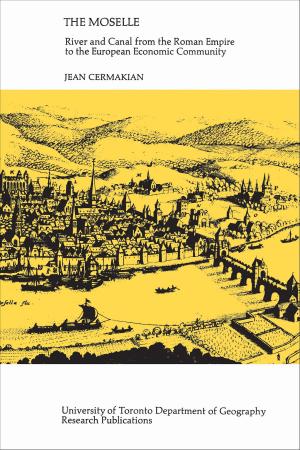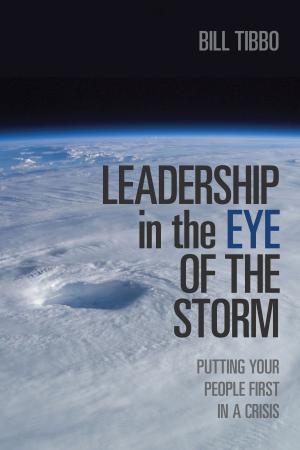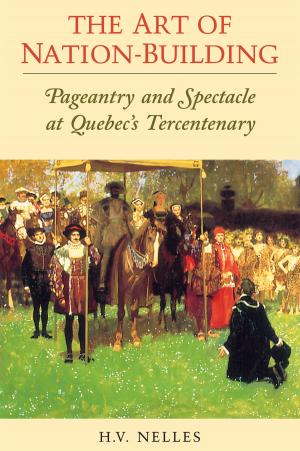Lifting a Ton of Feathers
A Woman's Guide to Surviving in the Academic World
Nonfiction, Reference & Language, Education & Teaching, History, Higher Education, Social & Cultural Studies, Social Science, Gender Studies, Women&| Author: | Paula J. Caplan | ISBN: | 9781442655263 |
| Publisher: | University of Toronto Press, Scholarly Publishing Division | Publication: | December 15, 1993 |
| Imprint: | Language: | English |
| Author: | Paula J. Caplan |
| ISBN: | 9781442655263 |
| Publisher: | University of Toronto Press, Scholarly Publishing Division |
| Publication: | December 15, 1993 |
| Imprint: | |
| Language: | English |
Lifting a Ton of Feathers is not only a survival guide, it is also a destroyer of academic myths about women's career chances in the university, and a revelation of the catch-22 positions in which women find themselves. Caplan demonstrates that while many women believe that when they fail it is their fault, their fate is more likely to be sealed by their encounter with the male environment, and by the manner in which they are tossed about by it. She aims to help women avoid self-blame and understand the real sources of their problems. Readers will find the information about the mine-field of academia for women infuriating, but the means of telling it highly entertaining.
Women account for more than half of all undergraduate students in the US and Canada, yet they make up only 10 per cent of faculty members at the level of full professor. What happens to women between freshman level, the tenure track, and the ensuing following professional years that keeps them out of the highest levels of academia? Paula Caplan is herself a veteran of the academic career struggle, and she sets out to explore this question with not only her own observations but also those of many women whom she has interviewed, and with a strong backing of established research. With these tools she provides a clear-eyed assessment of what women who have embarked on an academic career, and those who are considering it, may expect.
Forewarned is forearmed, and Caplan presents a list of the forms that the maleness of the environment take: two of these are the conflict between professional and family responsibilities, and sexual harassment. In addition, her book offers advice on practical techniques of how to prepare a curriculum vitae, how to handle job interviews, and how to apply for promotions and tenure. A final chapter is a unique checklist which serves two purposes: to provide guidance in a search for a woman-positive institution and to give suggestions for ways individual women, and women in groups, can work to improve the situation at their own institutions.
Lifting a Ton of Feathers is not only a survival guide, it is also a destroyer of academic myths about women's career chances in the university, and a revelation of the catch-22 positions in which women find themselves. Caplan demonstrates that while many women believe that when they fail it is their fault, their fate is more likely to be sealed by their encounter with the male environment, and by the manner in which they are tossed about by it. She aims to help women avoid self-blame and understand the real sources of their problems. Readers will find the information about the mine-field of academia for women infuriating, but the means of telling it highly entertaining.
Women account for more than half of all undergraduate students in the US and Canada, yet they make up only 10 per cent of faculty members at the level of full professor. What happens to women between freshman level, the tenure track, and the ensuing following professional years that keeps them out of the highest levels of academia? Paula Caplan is herself a veteran of the academic career struggle, and she sets out to explore this question with not only her own observations but also those of many women whom she has interviewed, and with a strong backing of established research. With these tools she provides a clear-eyed assessment of what women who have embarked on an academic career, and those who are considering it, may expect.
Forewarned is forearmed, and Caplan presents a list of the forms that the maleness of the environment take: two of these are the conflict between professional and family responsibilities, and sexual harassment. In addition, her book offers advice on practical techniques of how to prepare a curriculum vitae, how to handle job interviews, and how to apply for promotions and tenure. A final chapter is a unique checklist which serves two purposes: to provide guidance in a search for a woman-positive institution and to give suggestions for ways individual women, and women in groups, can work to improve the situation at their own institutions.
